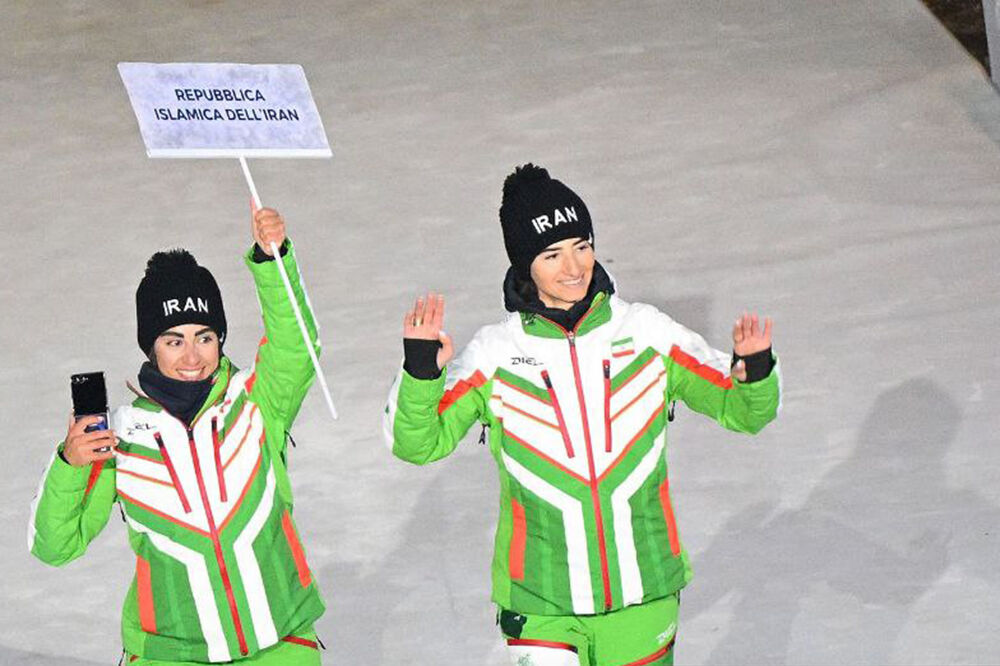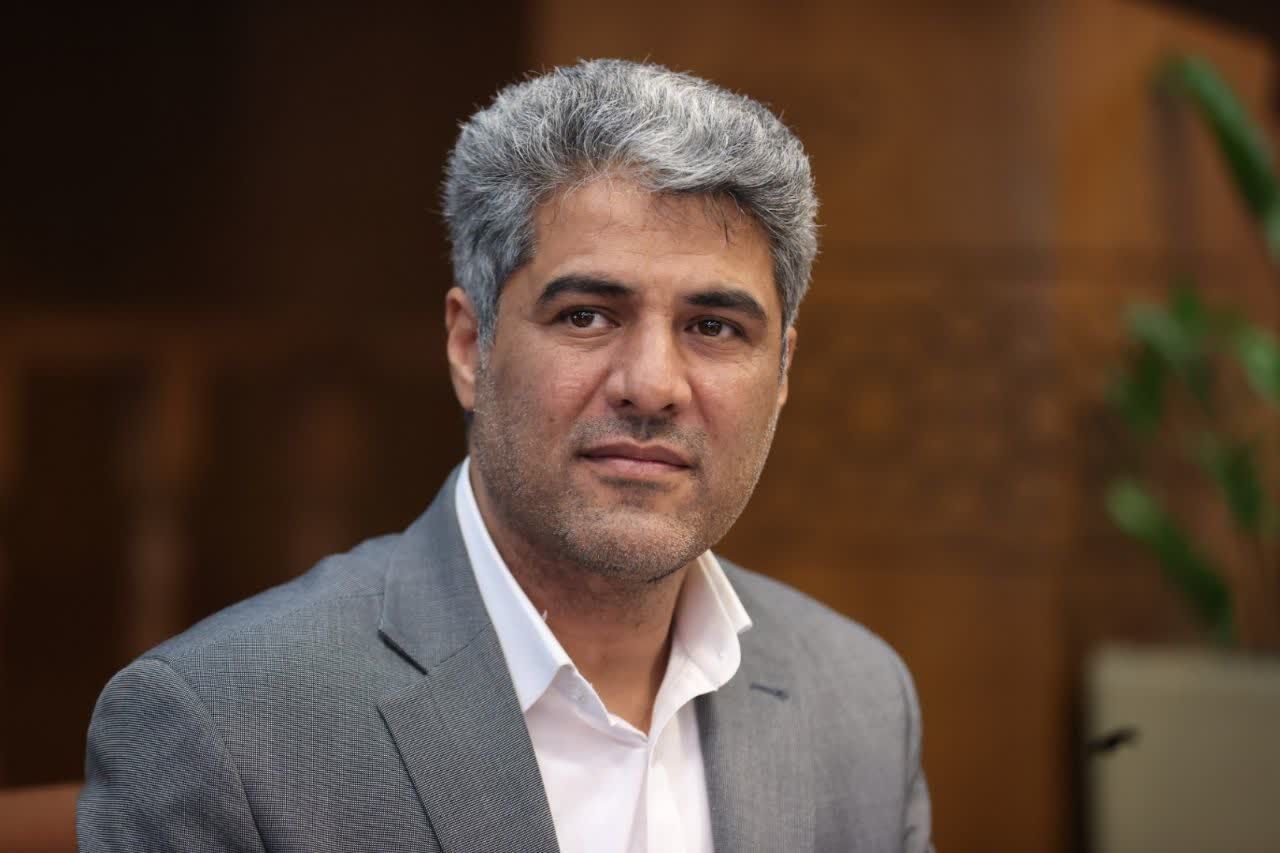How Britain's far right learned to love Israel
How Britain's far right learned to love Israel

When I started reading Graham Macklin’s Failed Fuhrers: A History of Britain’s Extreme Right (2020), I little knew just how relevant this book would become.
Britain has seen months of protests outside hotels housing asylum seekers, while Saint George’s and Union flags are aggressively displayed in towns and cities. At last month’s “Unite the Kingdom” march in London, speakers declared that Islam has no place in Europe - to near-silence from the Labour government.
While Unite the Kingdom was ostensibly a display of British patriotism, Israeli flags could also be seen, as marchers hurled obscene anti-Palestinian abuse at counter-demonstrators.
Bizarrely, a Maori group from a small Christian fundamentalist church in New Zealand ripped up a Palestinian flag, to cheers from the crowd. This flies in the face of strong Maori support for Palestine. But it accords with the staunchly pro-Israel stance of Unite the Kingdom organiser Tommy Robinson, whose real name is Stephen Yaxley-Lennon.
Robinson was recently invited by Israeli Diaspora Minister Amichai Chikli to visit the country - a trip that has delayed Robinson’s ongoing trial on terror-related charges.
Chikli has cultivated close ties with extreme-right figures like Robinson in a sign of changes over the last two decades: parties and movements that once reviled Israel for antisemitic reasons, and sometimes even expressed solidarity with Palestinians, now appear increasingly supportive of Israel.
This shift, which can be traced in Failed Fuhrers, reveals much about far-right - and Israeli - politics.
Racist conspiracy theories
From fascism’s heyday in the 1930s, to the era of the National Front and British National Party (BNP) in the 1970s and 1990s, far-right “anti-Zionism” was more concerned with attacking Jews than with supporting Palestinians.
Relying on the infamous “Protocols of the Elders of Zion”, long known to be a hoax, the extreme right claimed knowledge of a Jewish conspiracy for world domination. It was this invented claim, adopted from Nazi Germany, rather than the actual colonisation of Palestine and dispossession of Palestinians, that they meant by “Zionism”.
Follow Middle East Eye's live coverage of the Israel-Palestine war
Nevertheless, extreme right-wing demagogues sometimes turned their attention to Palestine. In 1938, as the Palestinian Arab Revolt raged against British colonial rule, a pamphlet appeared entitled “Devilry in the Holy Land”, by Arnold Leese, founder of the Imperial Fascist League.
For Leese, the antisemitic prejudice of the more famous politician Oswald Mosley did not go far enough. Predictably, Leese’s pamphlet was a mishmash of racist conspiracy theories, barely mentioning Palestinians’ right to their own land. Leaving the audience in no confusion as to its author’s perspective, “Devilry in the Holy Land” ended with a Nazi swastika.
Successive Israeli governments, for their part, have happily allowed their country to become a rallying call for racists and Islamophobes around the world
Right-wing hostility towards Israel stood in contrast to early left-wing support for the “Jewish state”. Israel took pains to attract liberal sympathies: the Jewish people, emerging from the Holocaust, were building a “socialist” society through the kibbutz, or collective farm.
It was a critical blind spot of the left in the 1950s and 1960s that the kibbutz stood on land once owned and worked by Palestinians who were now refugees.
Extreme-right claims of “anti-Zionism” lasted decades. As Macklin points out, in the early 1980s, the National Front proclaimed: “Britain for the British! Palestine for the Palestinians!”
This was always a small side note to the extreme right’s focus on calling for the deportation of Britain’s Black and South Asian communities. Yet, while the extreme right demonised immigrants for their race, religion was rarely mentioned in the 1970s and 1980s. Macklin reports in his book that John Tyndall, founder of the BNP, told his supporters that he did “not see Islam as any threat to Britain” - only “the ethnic groups bringing it here”.
Shifting political landscape
Meanwhile, Israeli politics were changing. By 1967, Israel had long given up any pretence of being a progressive state. Israeli leaders formed a particularly strong relationship with apartheid South Africa - a state much admired by extreme-right activists in Britain for enacting white supremacy.
Despite this, the popularity of Israeli kibbutz among liberal westerners continued well into the 1990s. At the same time, the occupation of the Palestinian territories, and the left-leaning stance of the Palestine Liberation Organisation, created a swell of support for Palestine on the left in Britain and elsewhere.
The far right, too, was transforming. In the 1990s and 2000s, the likes of Tyndall were sidelined, replaced by leaders such as the BNP’s Nick Griffin, who shared the same ideological roots, but were less tarnished by being seen as neo-Nazis and Holocaust deniers.
Occasionally, Griffin still paid lip service to “anti-Zionism”. But increasingly, in the shadow of the “war on terror” and invasions of Afghanistan and Iraq, Islam and Muslims became the BNP’s targets. There was no contradiction between the far right’s Islamophobia, a softer line on Israel, and antisemitism.
Macklin quotes Griffin as expressing relief that Israel's existence, as a result of Palestinian dispossession, meant that fewer Jewish people were living in Britain or Europe.
The new emphasis on Islamophobia proved a fruitful strategy. After calling Islam a “vicious and wicked faith”, Griffin appeared on the BBC’s Question Time in 2009. In the 2010 general election, the BNP received more than 560,000 votes, around two percent of all ballots cast - the extreme right’s best election performance - before the party dramatically collapsed.
Tommy Robinson, a former BNP member, was waiting in the wings with his English Defence League (EDL). Unlike previous far-right groups, the EDL’s core issue was Islamophobia. Where once Jewish people had been accused of a global conspiracy, now the world was portrayed as a battleground of western civilisation versus Islam.
As Robinson directed his attacks towards British Muslims, his ties with Israel grew closer: in 2016, he visited Israel, including illegal settlements in the occupied West Bank and Golan Heights. During the Gaza genocide, Robinson doubled down, describing pro-Palestine protests in London as “the takeover of our capital city” - and he is now visiting Israel again.
As a historical view shows, the far right’s declaration of love for Israel does not have deep roots; it is a marriage of convenience for far-right activists who emerged from a political culture where antisemitism was common, yet became fixated on demonising Islam.
Successive Israeli governments, for their part, have happily allowed their country to become a rallying call for racists and Islamophobes around the world. A shared outlook of racial supremacy has allowed old enemies to become friends.
The views expressed in this article belong to the author and do not necessarily reflect the editorial policy of Middle East Eye.












